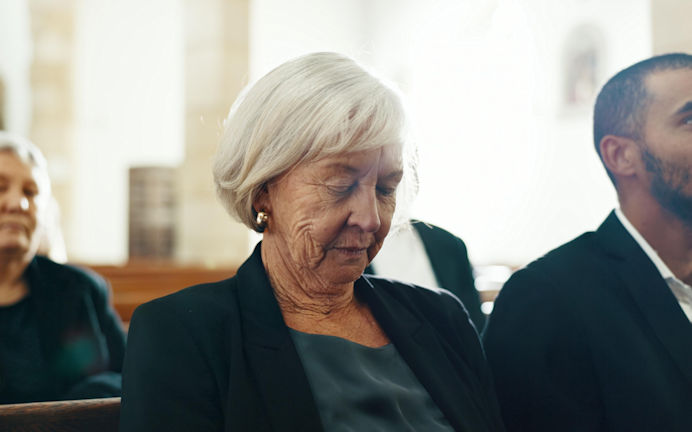Losing a spouse can be one of life’s most challenging experiences, bringing not only emotional turmoil but also significant financial and legal changes. For widows and widowers, adjusting to this new reality often involves reevaluating their estate plans to reflect their current circumstances. Estate planning for widows and widowers helps in securing one’s financial future and ensuring that their wishes are honored.
Why Is Estate Planning for Widows and Widowers Important?
Estate planning for widows and widowers is not merely about distributing assets after one’s death. It’s about managing one’s estate to ensure financial security, minimize taxes, and avoid probate issues. For those who have recently lost a spouse, revisiting and revising your estate plan should be done to reflect your current situation and ensure that your and your heirs’ interests are protected.
Key Strategies in Estate Planning for Widows and Widowers
- Review and Update Your Will and Trust: Your existing will or trust may have been created with your spouse in mind. Reviewing these documents and updating them to reflect your current wishes, including changing beneficiaries if necessary is essential.
- Consider Your Power of Attorney and Healthcare Directives: If your spouse was listed as your power of attorney or healthcare proxy, you would need to appoint someone else. Choose a trusted family member or friend to make financial and/or medical decisions on your behalf.
- Reassess Your Financial Plan: Your financial situation likely changed after your spouse’s passing. It’s a good time to reassess your financial plan, including your retirement accounts, investment strategies, and any life insurance policies, to ensure that you have a comprehensive plan that meets your current and future needs.
- Explore Tax Implications: Becoming a widow or widower may change your tax situation. You will need to understand these changes and plan for potential estate taxes.
- Secure Your Children’s Future: If you have minor children, ensuring their future is well-protected is paramount. This includes appointing a guardian who will care for them in your absence and setting up trusts that can provide for their needs while they are still minors.
Estate planning for widows and widowers involves addressing unique challenges and making decisions during an already difficult time. However, taking steps to update and adjust your estate plan can offer you peace of mind in knowing that both your financial future and your loved ones are protected. Consult with an experienced estate planning attorney who understands the nuances of estate and elder law in New Jersey and Pennsylvania for your own protection and benefit.
With Rothkoff Law Group, you will receive the care and compassion of a team that has decades of elder care law experience. From the first phone call to the finalization of documents, we are by your side the entire process. If you’re ready to take the next step to secure your future, start by calling Rothkoff Law Group: 877.475.1101.


